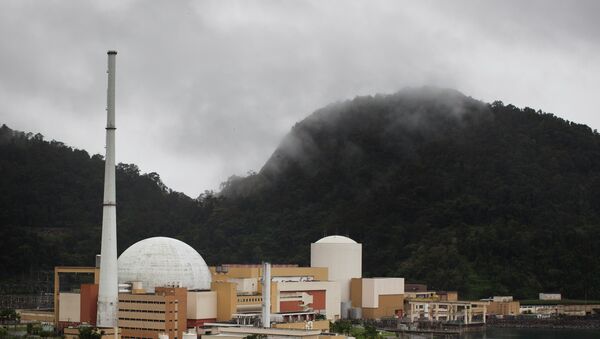“It’s important for the security of the system that we have more thermal energy – it was because of thermal that we avoided rationing last year,” Jose Carlos de Miranda Farias, the director electric energy research of Brazil’s energy research and planning agency EPE, said in a phone interview with Bloomberg.
Unlike previous auctions, which saw Brazil favor clean energy projects, Friday’s auction will have gas and coal competing with renewable energy sources on equal terms. With the awarding of the contracts Brazil is set to see the building of its first new thermal plants in three years.
Thermal plants are faster and easier to bring on stream than wind or hydroelectric facilities. They could be a stopgap to ensure uninterrupted energy supplies to the country, which is suffering from its worst drought in eight decades, hampering hydro-dams that a produce 70 percent of Brazil’s power. To avoid having to ration its energy, Brazil is looking to diversify its sources of energy.
In the wake of hydroelectric power plummeting due to the drought, Brazil restarted all of its idle thermal-power plants. More reliance on thermal energy made Brazil’s carbon emissions jump by 6.7% last year, according to data from BP Plc. The International Energy Agency estimates that Brazil, the biggest polluter in Latin America, must cut carbon emissions by an average of 0.9 percent a year until 2040 if the world is to meet targets for limiting global warming.




